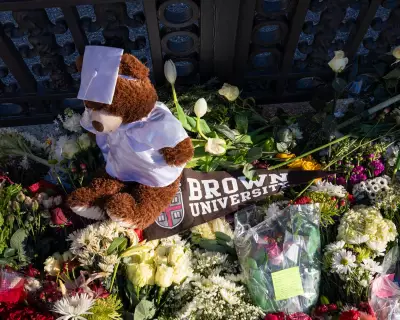
Two leading UK universities have ignited controversy after suspending student societies linked to solidarity campaigns for Gaza, raising concerns over academic freedom and political neutrality.
The University of Manchester and University of Bristol took action against their respective Palestine societies this week, citing breaches of policies around protests and external speakers.
Crackdown on Pro-Palestine Activism
Manchester's decision followed a planned talk by a controversial speaker from the group War on Want, which the university claimed could violate its external speaker policy. Bristol's suspension came after alleged "breaches of the student code of conduct" during pro-Palestine demonstrations.
Both universities maintain their actions were procedural rather than political, but critics argue the moves represent a worrying trend of silencing Palestinian advocacy on campus.
Student Outcry and Academic Backlash
The suspensions have drawn sharp criticism from student unions and academic staff. The Manchester Student Union called the decision "an attack on students' right to free speech and political expression," while Bristol's student leaders warned of creating a "chilling effect" on campus activism.
Several professors have expressed concern that such actions could damage UK universities' reputation for open debate and intellectual freedom.
Government Pressure on Universities
The controversy comes amid increased government scrutiny of university activities related to the Middle East conflict. Recent guidance from the Department for Education has urged institutions to carefully monitor events that might "promote extremist views" or create "intimidation" on campus.
However, civil liberties groups argue this approach risks conflating legitimate political discourse with extremism, particularly regarding Palestinian rights advocacy.
As tensions continue, both universities say they are reviewing their decisions while maintaining their commitment to both free speech and campus safety.





